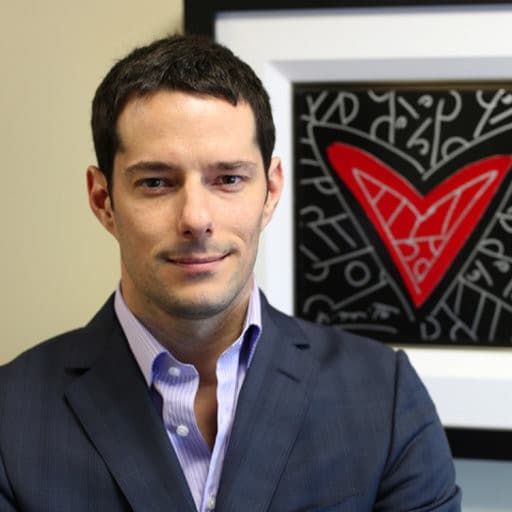Interventional Cardiologist, Morristown Medical Center and CMO Puzzle Medical Inc., USA
Interventional Cardiologist, Morristown Medical Center and CMO Puzzle Medical Inc., USA
Philippe Genereux, an interventional cardiologist internationally known for his novel research, has been named Co-Director of the Structural Heart Program at Morristown Medical Center. Genereux has served and is currently serving as the primary or co- investigator on more than 20 clinical trials-many that have changed the way interventional cardiology is practiced-and has been published more than 300 times in peer-reviewed cardiology journals.
Under Genereux’s guidance, Morristown Medical Center will expand its capability to offer high-quality minimally invasive heart intervention, and ensure inclusion in new single, multi-center, national and international clinical trials, offering patients the most advanced treatments and interventions available.
A celebrated researcher since the beginning of his career, he was awarded the prestigious Thomas J. Linnemeier Spirit of Interventional Cardiology Young Investigator Award at the 2012 Transcatheter Cardiovascular Therapeutics (TCT) scientific symposium, the world’s premier educational meeting specializing in interventional cardiology.
Genereux currently serves as Director of the Angiographic Core Laboratory for the Cardiovascular Research Foundation, a nonprofit research and educational organization dedicated to helping doctors improve survival and quality of life for people suffering from heart and vascular disease.
He is also a practicing interventional cardiologist at Hopital du Sacre Coeur de de Montreal in Canada, and was a prior faculty of Columbia University Medical Center in New York.
He received his medical degree from the Universite’ de Montreal, Quebec, Canada and performed his interventional cardiology and structural heart fellowship at Columbia University. His research interests include transcatheter valve therapy, high-risk percutaneous coronary intervention, novel therapeutic approach to coronary artery calcification, less invasive radial approach, and risk stratification of patient undergoing coronary intervention and aortic valve replacement.

